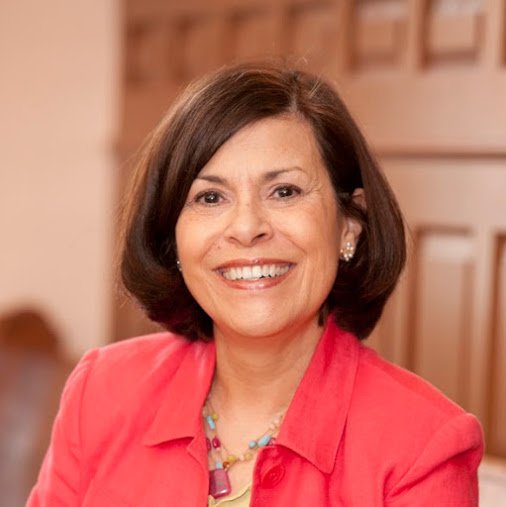U.S. Supreme Court Justice Lewis Powell, Jr. once proclaimed, “Equal justice under law is not merely a caption on the facade of the Supreme Court building, it is perhaps the most inspiring ideal of our society. It is one of the ends for which our entire legal system exists…it is fundamental that justice should be the same, in substance and availability, without regard to economic status.”
This sentiment remains true today in Maryland, as the income gap between rich and poor continues to grow ever wider. Without a doubt, civil legal aid is needed now more than ever. We can speak about the need for more civil legal services for Maryland’s low-income residents, but the real underlying need is for people to be educated on what civil legal aid can do to help address fundamental legal issues most of us will face in a lifetime. Marylanders – at all income levels and in all professions – need a better understanding of what civil legal aid does, who it helps and why there’s such a significant need in our state.
A key to education is debunking common misconceptions. Here are five common myths our organization – Maryland Volunteer Lawyers Service (MVLS) – often hears.
MYTH No. 1: Everyone has access to a lawyer through the public defenders office.
In truth, only those charged with criminal offenses in the U.S. have the right to a lawyer under the Constitution, not those involved in civil disputes. In Maryland, individuals involved in most civil matters must represent themselves in court if they cannot afford a lawyer, even when fundamental rights such as maintaining a home or child custody are at stake.
MYTH No. 2: Those who represent themselves are just as successful as those who have a lawyer.
This is a myth because we’ve seen that Marylanders who are involved in civil lawsuits are 6.5 times more likely to succeed if they have representation, according to a survey by the Task Force to Study Implementing a Civil Right to Counsel in Maryland. A whopping 80 percent of low-income Marylanders involved in civil lawsuits represent themselves in court. To these individuals – there are organizations that exist specifically to help you, including Maryland Volunteer Lawyers Service.
MYTH No. 3: Civil legal aid programs place a financial burden on the State of Maryland and its taxpayers.
On the contrary, legal assistance to low-income Marylanders is a significant economic boost to the State. In fact, civil legal aid in Maryland creates $190 million per year in total economic impact, including $12.6 million in economic stimulus to the state, $3.7 million in state expenditures saved, and $882,096 in tax revenue, according to the Maryland Judiciary’s Access to Justice Commission.
MYTH No. 4: Lawyers don’t have time to dedicate to helping those who can’t pay.
Maryland lawyers have a professional responsibility to render pro bono legal service. In fact, they are encouraged to fulfill an aspirational goal of 50 hours per year for full-time lawyers, and are required to report on their pro bono activities annually. According to a study by the Access to Justice Commission, 57.37 percent of full time lawyers have participated in pro bono work over the past eleven years and 22.2 percent meet the aspirational goal of 50 hours a year
MYTH No. 5: The civil legal system is only for people who are suing for personal injury, property damage or contract violations.
False. Civil cases go well beyond personal injury, property damage and contract violations and impact a significant number of individuals. Civil legal aid keeps families in their homes by preventing foreclosure or resolving landlord-tenant conflicts, opens an estate for a grieving widow, keeps families together through custody agreements, helps terminally ill individuals draft planning documents, among other personal circumstances.
Marylanders do not need to navigate the civil legal system without help. There are numerous service organizations throughout Maryland that offer free or low cost civil legal aid, programs and services. The Maryland Legal Services Corporation (MLSC.org) is a valuable resource – and provides a comprehensive list of service providers in the state. Visit the Maryland Volunteer Lawyers Service (MVLSlaw.org) website to find out if you qualify to be matched with a volunteer lawyer. If you’re a lawyer looking to help this cause, MVLS is a great place to start.
